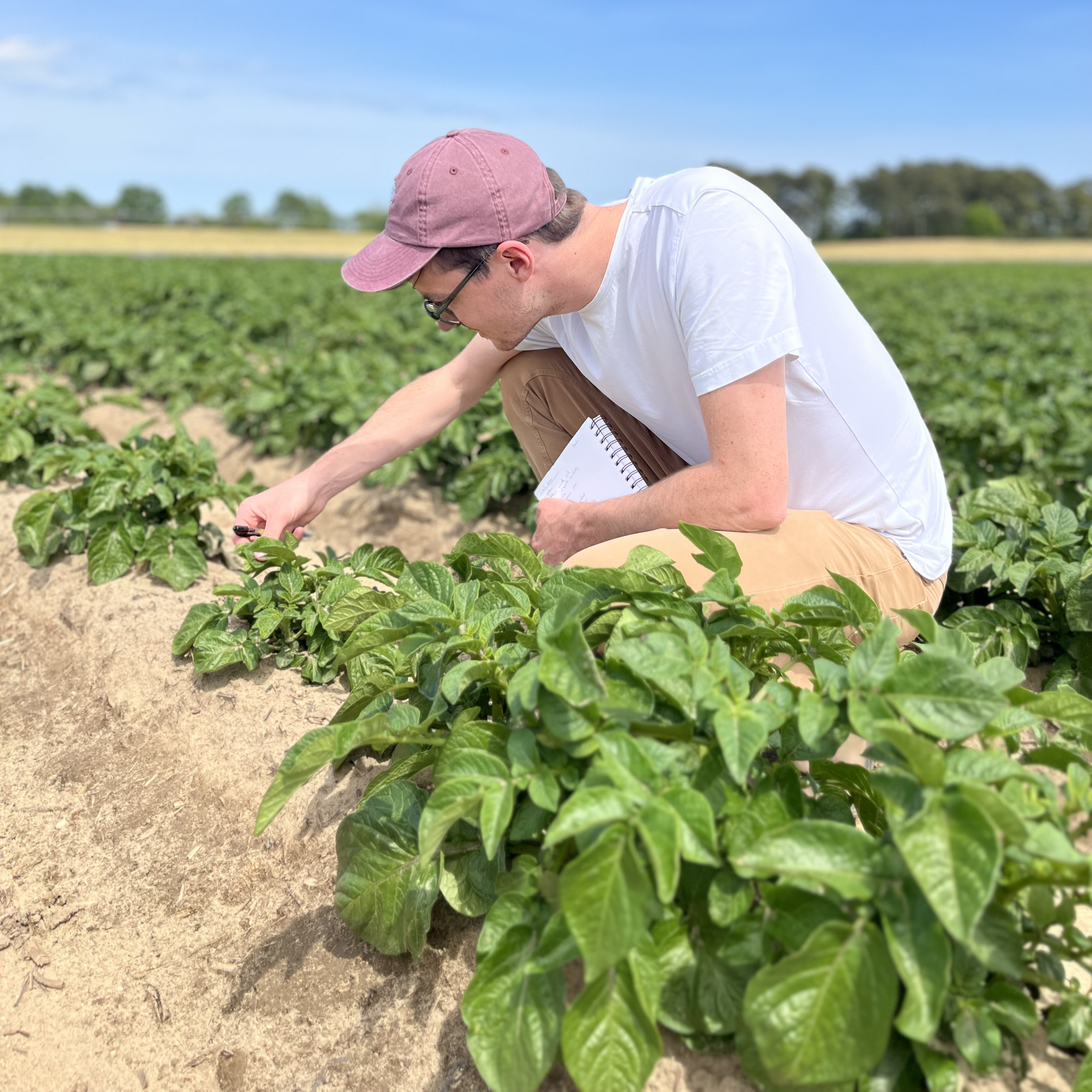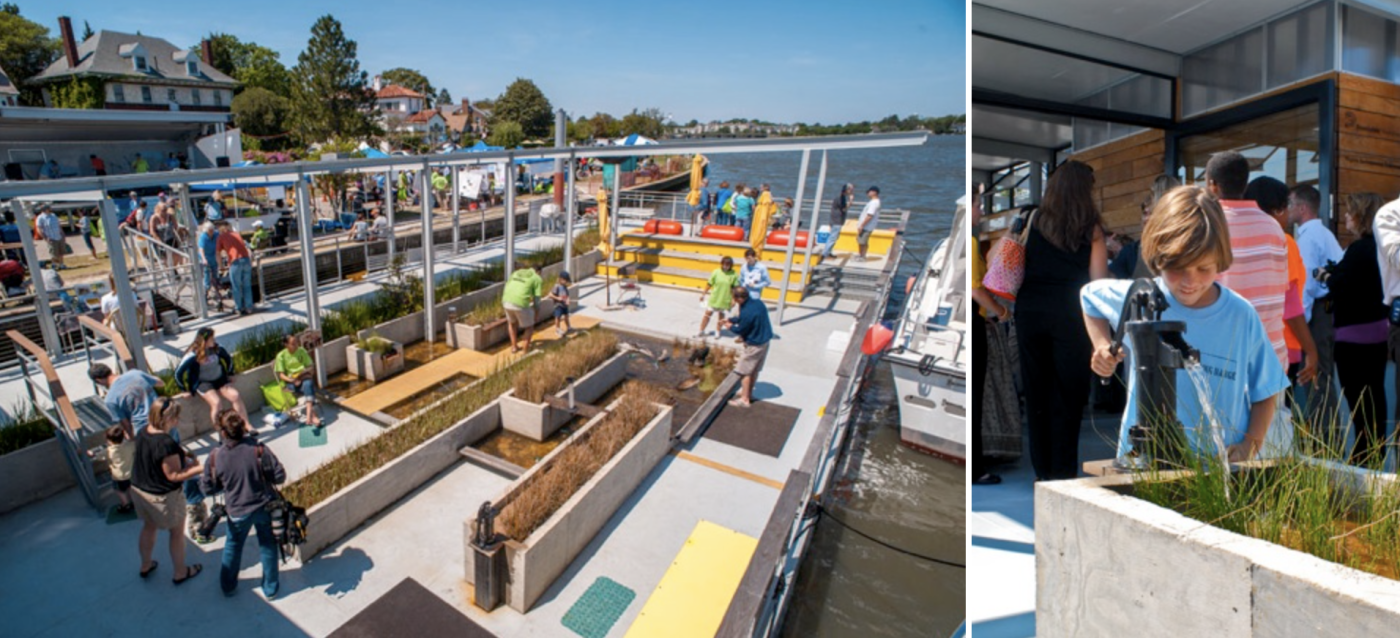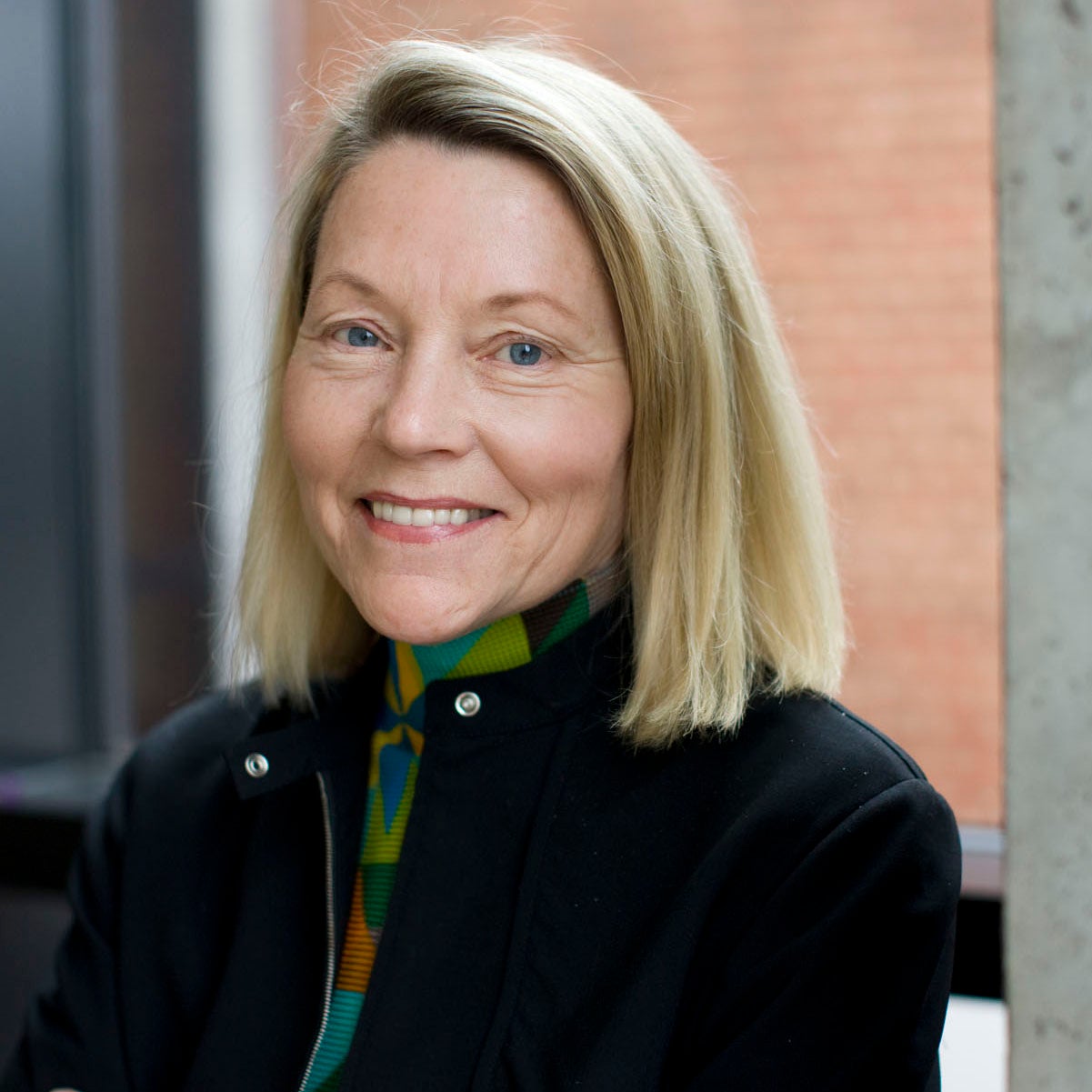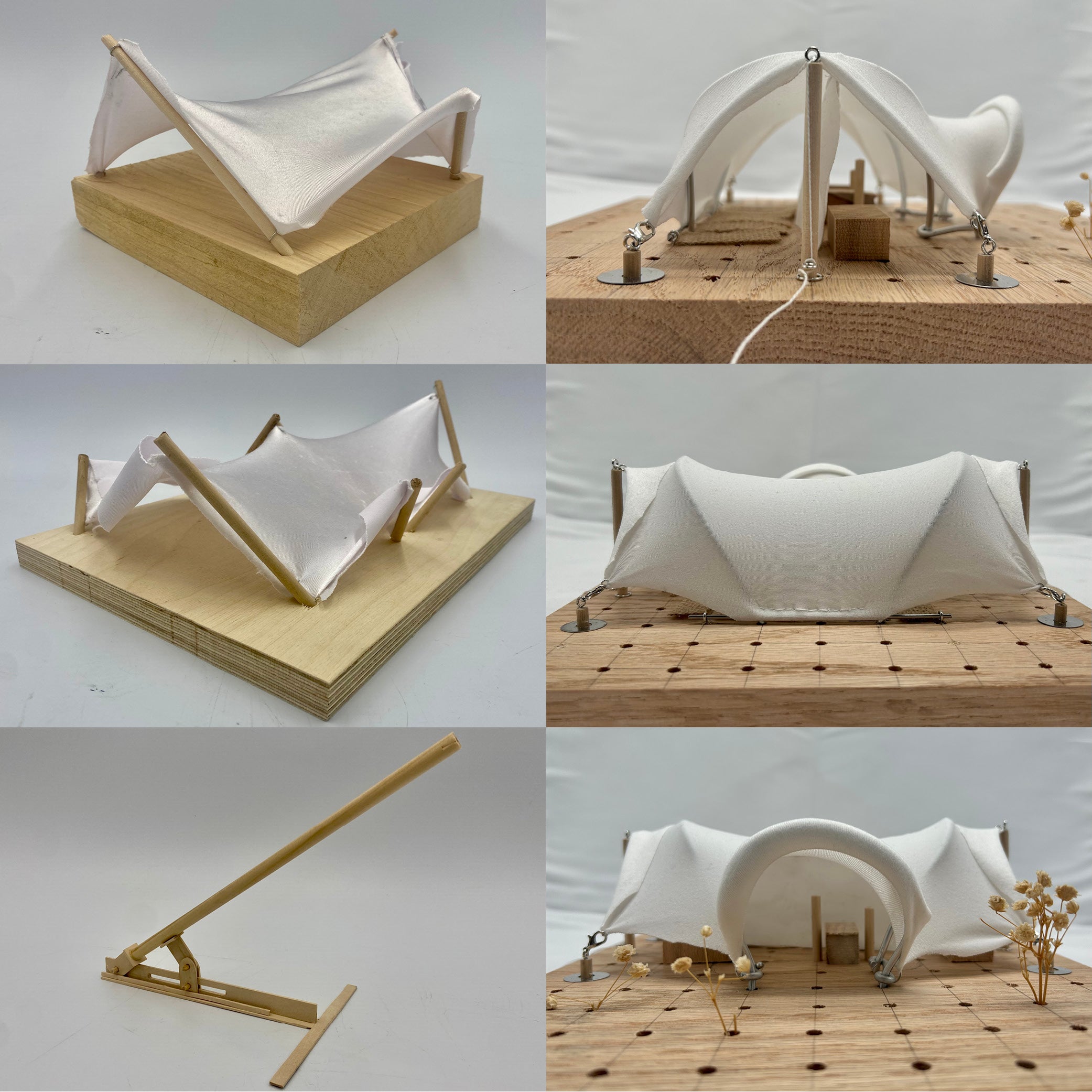
$5 MILLION NSF GRANT WILL ENGAGE COASTAL COMMUNITIES IN COMBATING CLIMATE CHANGE
The University of Virginia and Norfolk State University have been awarded a $5 million grant as part of the National Science Foundation’s Coastlines and People Hubs for Research and Broadening Participation, or CoPe. A central aim of the NSF-funded program is to build collaboration between researchers and coastal area residents in tackling effects of climate change. The project will advance technical research on hydrodynamic modeling and cyber-physical systems for flood mitigation alongside social science research in community engagement, wellbeing, environmental justice, design and policy toward the goal of creating ways to increase environmental and social resilience in coastal communities.
Civil Engineering Professor, Associate Director of the Link Lab, and Principal Investigator Jon Goodall is joined by co-PIs across Grounds, including the School of Architecture's Professor of Architecture Phoebe Crisman and Mary Irene Deshong Professor of Design and Health Jenny Roe.
Together, the research team will create a UVA-led coastal futures hub to support urban areas in and around Norfolk, VA, a compliment to a recently awarded project with A-School leads, Barbara Brown Wilson and Tanya Denckla Cobb, focused on the coastal rural communities of Virginia's Eastern Shore.
For this project, Enhancing Resilience and Equity in Urban Coastal Communities through the Co-Generation of Community Capitals, the team will explore the co-development not only of “built capital” like infrastructure but what the researchers have termed “human capital" — connections, resources, and technology tools that empower leaders and citizens to work together in tackling climate change challenges in their own environment over the long term. Goodall said, “For communities to feel ownership in that future and the infrastructure investments that play a role in their envisioned future, they must be co-participants in the design process."
UVA researchers are partnering with Norfolk State University, a historically Black university located in downtown Norfolk, with strong institutional ties in the area. The team also includes Norfolk resident and UVA Repair Lab practitioner in residence, Kim Sudderth, a trusted community partner with long-standing connections in the Norfolk community. Finally, the team will be working with the non-profit parter, the Elizabeth River Project, an organization that is leading the effort to restore the health of the area's historic urban river.


Professor Crisman will lead the design of resilience projects with three Norfolk communities over the next five years. This research builds on her work over the past 18 years leading numerous sustainable architecture, public art, and coastal resilience projects in the Hampton Roads region, including the Learning Barge, Paradise Creek Nature Wetland Learning Lab and River Academy, that have hosted hundreds of thousands of students on field trips to learn about and physically interact with the natural environments along the Elizabeth River. Crisman will work with local community partners and UVA civil engineers and environmental scientists to develop coastal hydrodynamics and urban drainage models to design green infrastructure interventions to combat the impacts of climate change, sea level rise, and storm water management.
Crisman said, "The NSF grant provides the opportunity to contribute my systems thinking and sustainable design skills to coastal resilience research, which too often overlooks or undervalues the crucial role of designers to create holistic design that foster beauty and community wellbeing.”
The focus on wellbeing will also be studied by Professor Roe, who will lead a health and wellbeing benefits analysis of green (and grey) infrastructure developed in Norfolk as part of this project. Roe shared, "Building from evidence that green spaces positively improve mental health, our study will establish a controlled natural experiment in Norfolk to quantify the mental health benefits of increasing access to green space. Our study promises to change the value attached to green infrastructure in coastal communities and advance strategic action to protect health and improve quality of life." Roe will draw on unique protocol established elsewhere in the world and bring this methodology to the United States for the first time.
Together, Crisman and Roe with their university and community partners, intend to design, study, and evaluate how built green infrastructure interventions can simultaneously increase beauty in the constructed environment, enhance community wellbeing, improve mental health, and increase community capitals.
The Research Team includes the following faculty members:
Sharon Alston: Assistant Professor, Norfolk State University, Ethelyn R. Strong School of Social Work
Phoebe Crisman: Professor of Architecture, University of Virginia, School of Architecture
Renny Fernandez: Assistant Professor of Engineering, Norfolk State University
Kimberly Fields: Assistant Professor, UVA Carter G. Woodson Institute for African American and African Studies
Jonathan Goodall: Professor of Engineering Systems and Environment, University of Virginia, School of Engineering
Ashley Haines: Professor of Biology, Norfolk State University
Andrew Kahrl: Professor, University of Virginia, Corcoran Department of History and UVA Carter G. Woodson Institute for African American and African Studies
Matthew Reidenbach: Professor, University of Virginia, Department of Environmental Sciences
Jenny Roe: Mary Irene Deshong Professor of Design and Health, University of Virginia, School of Architecture, Urban and Environmental Planning Department
The U.S. National Science Foundation propels the nation forward by advancing fundamental research in all fields of science and engineering. NSF supports research and people by providing facilities, instruments and funding to support their ingenuity and sustain the U.S. as a global leader in research and innovation. With a fiscal year 2022 budget of $8.8 billion, NSF funds reach all 50 states through grants to nearly 2,000 colleges, universities and institutions. Each year, NSF receives more than 40,000 competitive proposals and makes about 11,000 new awards. Those awards include support for cooperative research with industry, Arctic and Antarctic research and operations, and U.S. participation in international scientific efforts. www.nsf.gov


